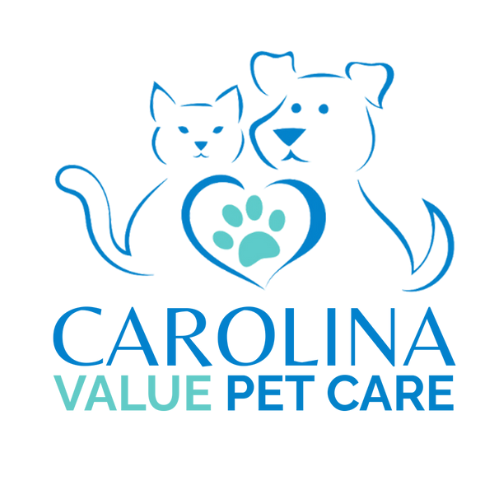What is Preventive Care for Cats and Why is it Important?
What is preventative care for cats, and what does it all entail?
I feel like everybody knows that with dogs, they come in multiple times throughout the year, getting the different shots they need and the different pills they take once a month. But with cats, we often worry about them getting stressed in the car, not being used to the carrier, or disliking the road trip. We tend to put off taking our cats to the vet.
There are several preventative measures we can take to ensure our cats don't get certain diseases, especially as they reach middle age and older. It's much easier to prevent these issues than to treat them once they occur. Hopefully, we can review some things today and consider bringing your cat in more frequently. I recommend at least once a year, but I would love to see you twice a year to ensure we're not missing anything in between.
What are the key vaccines my cat needs?
The rabies vaccine is crucial because rabies is a fatal disease, and we don't have a treatment for it in animals or people. If one of our animals is exposed to rabies, there's a risk it could transmit to a person, which is untreatable. In the US, we primarily see rabies transmitted by raccoons, bats, skunks, and foxes. Occasionally, a bat might get into your house, and we might not know our animal was bitten until we see neurological signs from the rabies virus. Or if they get outside and get into a tussle with a raccoon, we might not notice. Ensuring they are protected against rabies is safe for us and them, and it complies with state and federal laws.
Other vaccines include the feline distemper vaccine, which is actually a mix of three viruses: feline viral rhinotracheitis virus, calicivirus, and panleukopenia virus. We want to make sure they don't have any exposure to these viruses, and if they do, they are protected. We may also recommend the feline leukemia vaccine, depending on your pet's situation and lifestyle.
How can I prevent obesity in my cat?
Another aspect of preventative cat care is addressing obesity. Some cats are super active, while others, especially as they get older, become lazier. Many people fill up the bowl and refill it when it's empty, making the cat happy. Cats often wake you in the middle of the night when they're hungry if we don't feed them, so I understand the desire to keep the bowl full. However, obesity can lead to diabetes in cats, similar to how it occurs in people in the US due to being overweight.
Older cats are also more prone to arthritis, and excess weight on their joints is not beneficial. I recommend timed feedings and measuring how much they're fed to keep them trim and healthy as they age.
Are dental care and parasite prevention important for my cat?
Proper dental care is important. Not many people like brushing their cat's teeth at home, but it is possible to try.
Intestinal parasite control is crucial, as is heartworm prevention. Fleas and ticks from outside can occasionally come into your house, especially if you have other animals going in and out. Even if your cat is indoors, exposure to outdoor animals can lead to infestations. Ensuring proper intestinal parasite control, heartworm prevention, and flea and tick prevention are all part of a preventative care plan we would love to discuss with you for your cat.
To help with these issues, bring your cat in at least once a year. If they need more visits, we're happy to see them. We strive to make the experience as pleasant and stress-free as possible, offering treats to ensure a great visit for everyone involved.
At Carolina Value Pet Care, your pet always comes first. Whether they need routine care or something more urgent, call (704) 288-8620 or email info@cvpet.com to schedule a visit. Our team is here for you and your pet.
